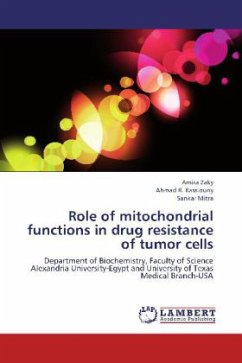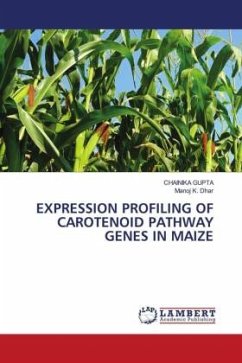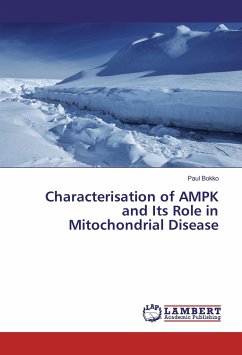Programmed cell death, which is termed as apoptosis, is essential for normal development and maintenance of tissue homeostasis in multicellular organisms. Aberrant regulation of this pathway is linked to multiple human diseases, including cancer, autoimmunity, neurodegenerative disorders and diabetes. Apoptosis is pursued by two pathways; extrinsic and intrinsic pathway. The intrinsic pathway of apoptosis mainly relies on mitochondria where Bcl-2 family proteins serve as the master regulators. Mitochondria mainly execute their function through mitochondrial outer membrane permeabilization (MOMP). MOMP leads to the release of several apoptogenic factors from mitochondrial intermembrane space, such as cytochrome c and Smac/Diablo, into the cytosol that activate downstream caspase and promote cell death. Bcl-2 family proteins play key role by regulating MOMP. The complex interaction among pro-and anti-apoptotic Bcl-2 family members determine the possibility of MOMP and thereby determine the cellular commitment to apoptosis. This review focuses on the mitochondrial pathway of apoptosis, mechanism of MOMP and its regulation by Bcl-2 family proteins.








